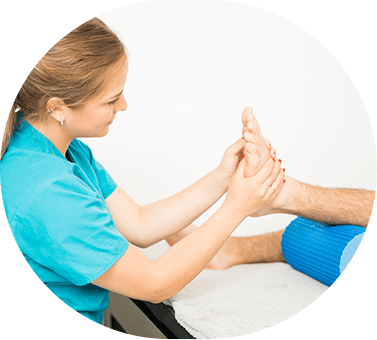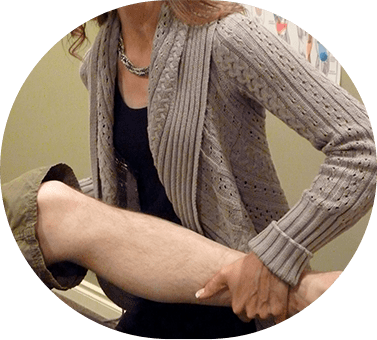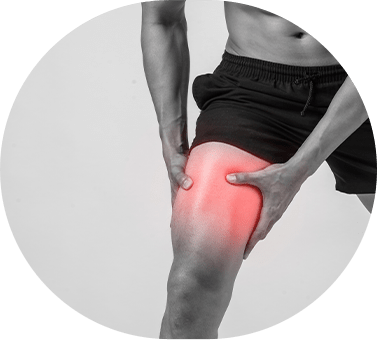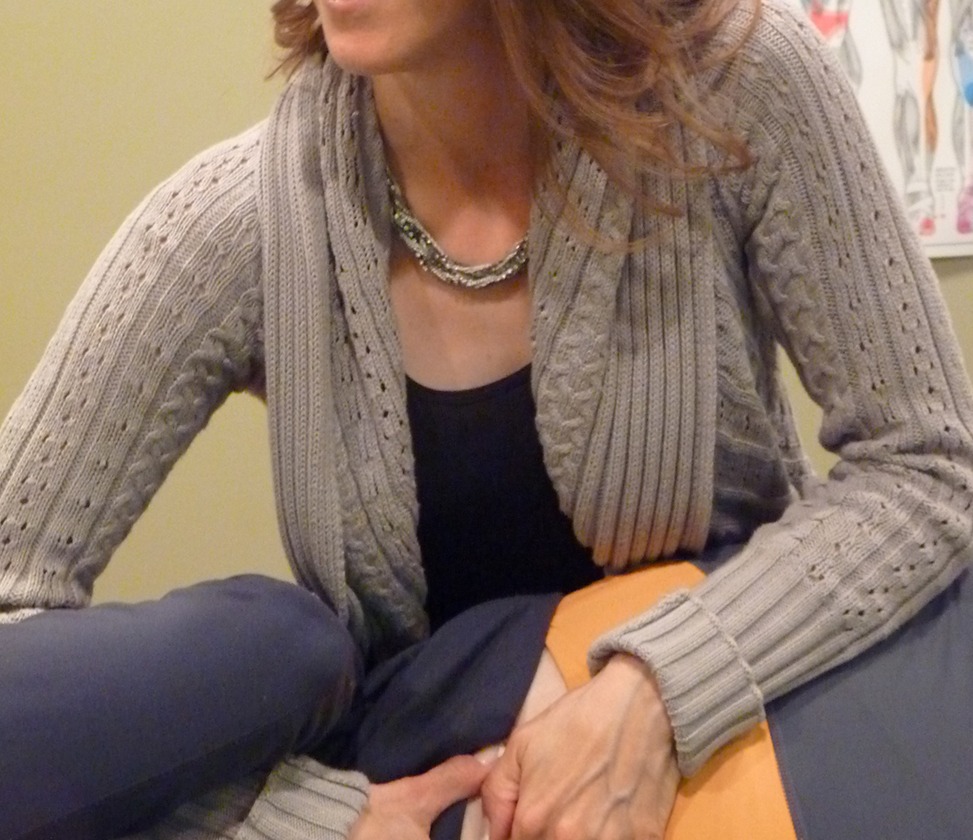Manual Physiotherapy
This is a ‘hands-on’ approach to physiotherapy treatment. Although there are certain improvements that can be made by stretching and other treatments, sometimes a more specific technique is required to mobilize or manipulate joints that don’t move properly. Often these treatments are done in conjunction with soft tissue techniques and home exercises to help keep you moving well.
Although exercises and active movements you do for yourself are great, there are just some things that can’t be solved by that alone. Often after injuries, when the joints, nerves, muscles, tendons, ligaments, fascia and other soft tissue get shortened or irritated, they need to be moved in a way that you just can’t do on your own.
That’s where “manual” physiotherapy or hands on treatment come into the plan. Dawn uses specific techniques to stretch and lengthen the tissues and improve joint mobility to help decrease your pain and increase your motion, which means you feel better!
There are many different types of manual and manipulative therapy that can be provided depending on what your injury is. Dawn will provide you with treatment options after she does a full assessment to first diagnose the problem. Once she knows the cause of the pain she will discuss the next steps and how you want to proceed.
What Types of Manual Physical Therapy does Dawn offer?

Joint mobilizations
A skilled passive slow movement applied by the therapist to the affected joint to improve its range of motion. This can be applied to any joint, from the jaw all the way to the toes.

Joint manipulation
A skilled passive fast movement applied by the therapist to a stiff joint.There is usually a characteristic ‘pop’ sound or feeling.These can be applied to most joints of the body.

Manual traction
Providing a distraction force on a joint to allow for decompression or gapping to occur in the joint space.

Active assisted range of motion (AAROM)
A client moves a joint through their available range of motion while the therapist gives assistance to get as much range as possible.

Passive range of motion (PROM)
A therapist moves a client’s joint through the available range of motion with no assistance from the client.

Soft Tissue Techniques/Frictions
Release of the muscles, tendons, ligaments or fascia through direct pressure on the tissues with the therapist’s hands.

Trigger point release
Trigger point release is used to release palpable, taut bands in the muscles.

What are the goals of Manual Physiotherapy Treatments?
To reduce or eliminate pain
Improve the motion of a joint or joints
Improve tissue extensibility and mobility to increase motion
Reduce/break down scar tissue
Improve overall movement of the area of injury
Conditions that can be treated with Manual Physical Therapy
Neck and Back Pain injuries
Shoulder, elbow, wrist and hand pain and injuries
Pelvis, hip, knee, ankle and foot pain and injuries
Facetogenic Pain (spine joint pain)
Disc protrusions
Nerve injuries and sciatica
Osteoarthritis
Muscle strains (pulls/tears)
Ligament sprains
Post surgical recovery
And much more!

